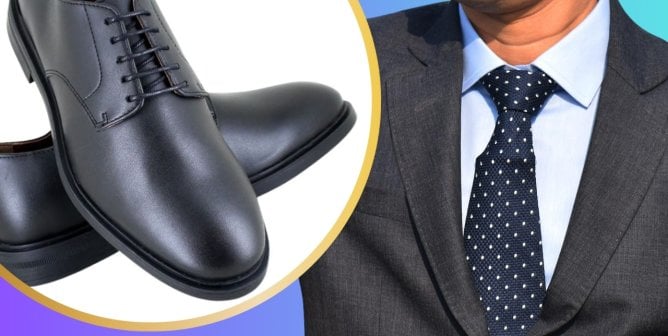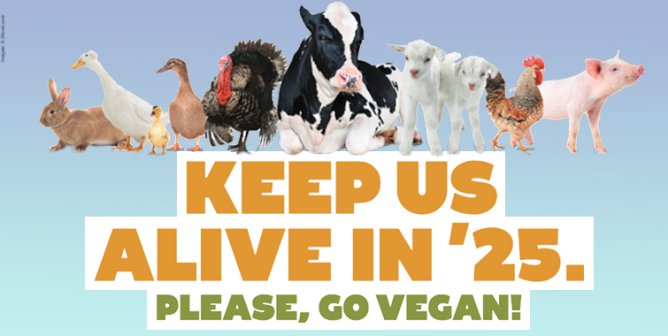When you read the labels of skincare products or cosmetics, you may see lanolin listed as one of the ingredients and wonder if it’s vegan. Here’s what you should know.
What Is Lanolin?
Lanolin—also known as lanolin acid, lanolin alcohol, wool fat, or wool wax—is stolen from sheep. Workers in the wool industry extract lanolin from the oil glands in sheep’s wool to use as an emollient (i.e., moisturizer) in skincare products and cosmetics.
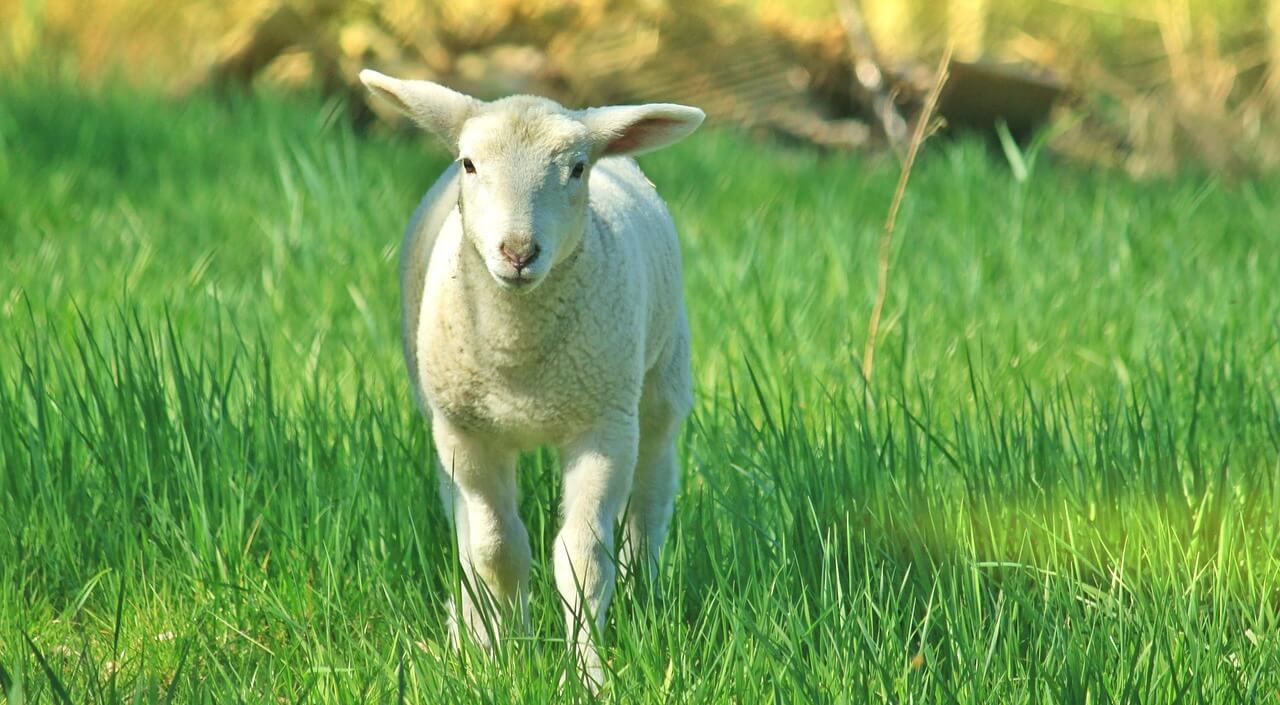
How Is Lanolin Made?
Since lanolin comes from sheep’s wool, its production begins with the wool industry. Farmers breed gentle sheep to grow extreme and unnatural quantities of wool instead of the amount they need to protect themselves from the elements. Shearers are usually paid by volume, not by the hour, which encourages fast work without any regard for the well-being of the sheep. This hasty and careless shearing leads to frequent injuries. PETA entities have exposed that workers cut off strips of skin—and even teats, tails, and ears—during shearing and then crudely sewed up wounds without any pain relief.
After workers shear wool from sheep, it’s processed using a machine that extracts the oil and separates it from any debris or chemicals.
What Is Lanolin Used For?
Sheep need the lanolin in their wool to waterproof their coats, protect them from the elements, and maintain good hygiene. But humans use lanolin as an emollient in skincare products, cosmetics, and pharmaceuticals.
Why Is Lanolin Bad for Our Skin?
Lanolin can cause allergic reactions in some people, particularly those with eczema and dermatitis. However, the most common side effect of lanolin is caused by its comedogenic properties. Its thick, waxy consistency may clog pores and prevent skin from “breathing,” which can cause breakouts and inflammatory acne, especially in individuals with oily or acne-prone skin.
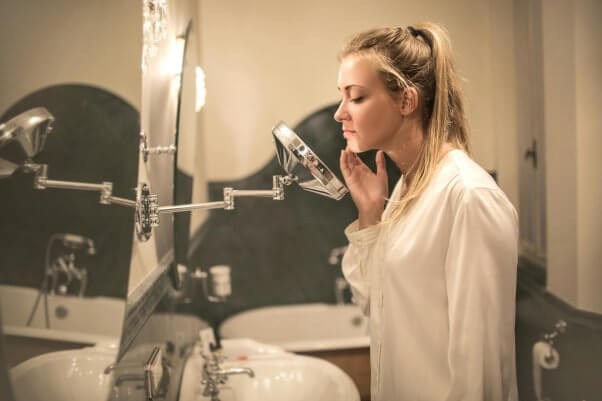
Why Should People Avoid Lanolin?
Many people avoid lanolin for ethical reasons. In the wool industry, workers treat sheep as wool-producing machines, not as the intelligent individuals they are.They hole-punch weeks-old lambs’ ears, cut off parts of their tails, and castrate the males without any painkillers. Although sheep can live to be 20 years old, in the wool industry, workers kill them and sell their flesh when they’re around 5 or 6 years old—simply because they’re no longer considered profitable.
Do Dermatologists Recommend Lanolin?
Since lanolin is an allergen, many dermatologists recommend instead using products with vegan emollients, such as castor oil, shea butter, soy butter, or sunflower wax.
Choose Sheep-Friendly Products Instead of Ones Containing Lanolin
Luckily, avoiding lanolin is easy. There are plenty of cruelty-free and vegan skincare and cosmetics products on the market that don’t contain any animal-derived ingredients and will keep your skin looking and feeling great.
Animal-Friendly Healing Ointment
Doctor Rogers Restore Healing Balm
Cruelty-Free and Vegan Lip Balm
Pacifica Vegan Collagen Complex Lip Balm
Animal-Friendly Hand Cream
Andalou Naturals Lavender Hand Cream
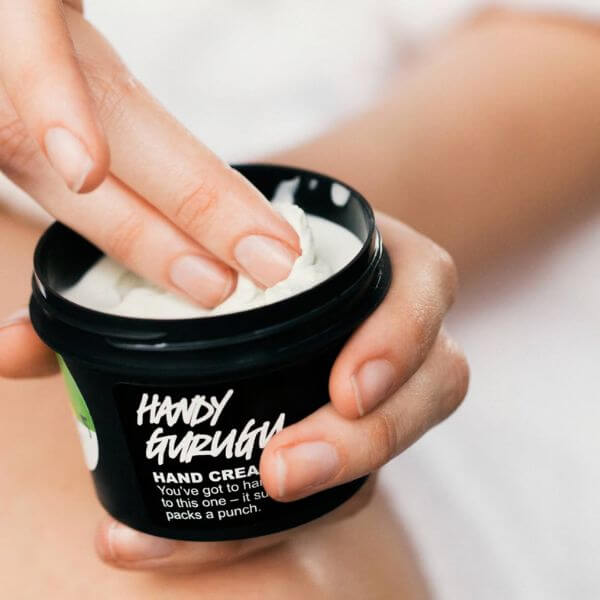
Cruelty-Free and Vegan Shaving Cream
Jack Black Supreme Cream Triple Cushion Shave Lather
Cruelty-Free and Vegan Nipple Cream
Earth Mama Organics Vegan Nipple Butter
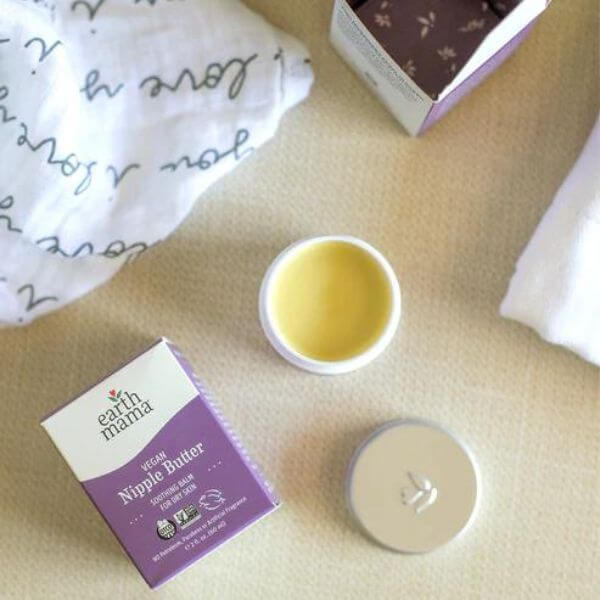
How Can I Be Sure I’m Choosing Animal-Friendly Products?
By searching PETA’s ultimate cruelty-free list, you can find out if your favorite products are made without any animal-derived ingredients or animal testing:
Text VEG to 73822 to get the latest vegan lifestyle tips, recipes, and urgent action alerts texted right to your phone.
Terms for automated texts/calls from PETA: https://peta.vg/txt. Text STOP to end, HELP for more info. Msg/data rates may apply. U.S. only.




